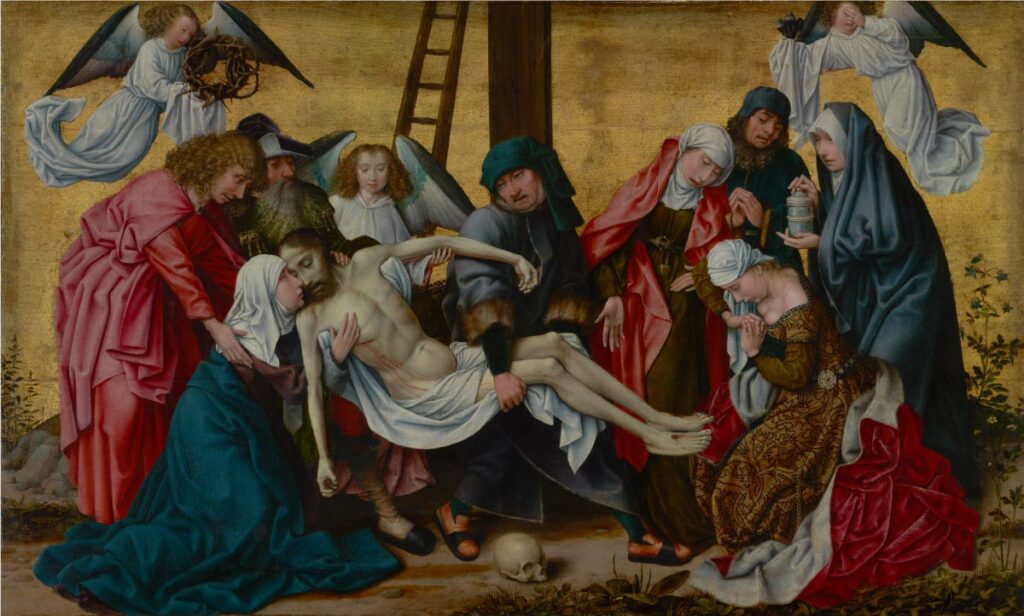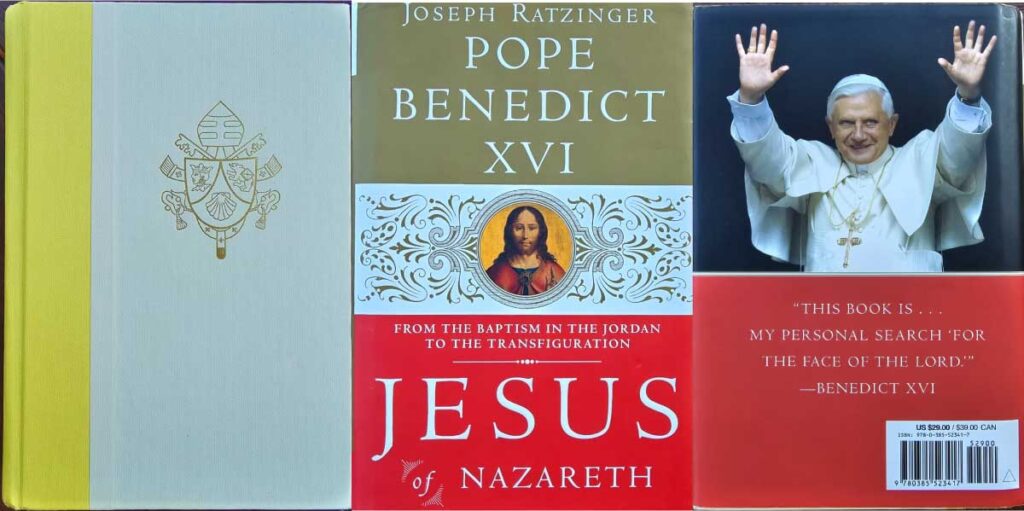“A man is not a man because he says he has observed the moon rising every night. A man is a man because he wonders why it rises at all.”
— G.K. Chesterton
Science asks many good questions, what is it made of, how does it behave, when did it occur? But of the six great human questions—who, what, where, when, why, and how—modern science tends to fixate on just one: how.
And while that question can be fascinating, it is often the least interesting. For the human heart longs not just to know how things happen, but why they exist at all, and who, if anyone, is behind them.
Even more than answers, we long for wonder. Wonder is what happens when knowledge meets mystery and does not collapse it, but kneels before it. And in our so-called “age of reason,” wonder has become an endangered species.
Why are people drawn to the world of fairy tales? Because, as G.K. Chesterton explains in The Ethics of Elfland, chapter four of his masterwork Orthodoxy, fairy tales preserve something that modern thought has forgotten: the idea that the world is not a mechanism, but a gift. That the things we take for granted—apples falling, the sun rising, birds laying eggs—are not dull necessities, but daily miracles.
The fairy tale, Chesterton says, tells us that the carriage became a pumpkin not by chance or chemistry, but because someone willed it. That isn’t fantasy, it’s theology. The universe, he suggests, is not a machine left running, but a story being told.
The World as Gift, Not Machine
Chesterton begins by noting that the greatest truths of his early life didn’t come from philosophy texts, but from fairy tales. It was in fairy tales that he learned to be grateful for the sun, the trees, the wind, and the very fact that apples fall downward.
To the modern mind, those are dull facts. But Chesterton asks: why should apples fall at all? We are told they fall because of gravity—but that merely describes the pattern, not the purpose. The materialist explains the apple’s fall by physical law. The fairy tale says: it falls because Someone told it to.
“It might be that the grass is green not because of a blind law, but because a fairy had said it should be green.”
This isn’t a naïve fantasy, it’s a radical metaphysical assertion: that the universe is not a necessity, but a miracle. Things don’t happen because they must, but because they are willed. The regularity of the world is not evidence of cold inevitability, but of divine joy and faithfulness.
Why Do Birds Lay Eggs?
Chesterton skewers the modern materialist for being, in truth, a sentimentalist:
“He has so often seen birds fly and lay eggs that he feels as if there must be some dreamy, tender connection between the two ideas, whereas there is none.”
Just because two things happen together doesn’t mean they must. There’s no logical reason that creatures with wings must also produce eggs. It’s not reason, but repetition, that makes us assume it’s necessary.
The scientist who forgets this drifts into intellectual complacency, mistaking habit for logic, pattern for purpose. That’s not science, it’s lazy metaphysics.
The Logic of Fairyland
In Elfland, Chesterton says, everything is conditional, not inevitable. A pumpkin becomes a carriage because someone wills it. That is the fairy tale’s answer to the question of causation: will precedes mechanism.
Fairy tales teach not only wonder, but also morality: “If you break your word, you turn into a beast. If you return kindness, you are rewarded.” That moral logic is embedded in the narrative structure of fairyland, and it reflects a deep truth of the universe: that good and evil matter, that choices have consequences, that the world is not indifferent.
Modern science, for all its precision, can’t tell us any of that. It tells us how things work—not why they are, or whether they are good. It is silent before meaning.
Repetition and Divine Delight
One of Chesterton’s most beloved lines in the chapter captures the theological heart of it all:
“Because children have abounding vitality… they want things repeated and unchanged. They always say, ‘Do it again’; and the grown-up person does it again until he is nearly dead. For grown-up people are not strong enough to exult in monotony… But perhaps God is strong enough to exult in monotony.”
We say the sun rises each morning because of astronomical necessity. But what if, Chesterton suggests, God says to the sun every day, “Do it again”? What if the universe is not a spinning wheel, but a stage—repeating its performance at the behest of a delighted Creator?
In such a world, nothing is boring, nothing is stale—because everything is personal.
Science Is Not Enough
As a scientist, I know that scientific method is a powerful tool. But it is not a worldview. It cannot tell me why the laws of nature exist. It cannot tell me whether a child’s laughter is more precious than a chemical reaction. It cannot explain the meaning of meaning itself.
Chesterton’s Elfland reminds us of the sacramental character of the world: that even the ordinary hums with hidden glory. That behind every mechanism is a will, behind every law, a lawgiver. The real danger of modernity is not that it asks too many questions—but that it stops asking the right ones.
Why is there something rather than nothing?
Why is the world beautiful?
Why do we long for justice, or fear death, or hope for more?
The Shrinking World of Reductionism
The world of scientific reductionism is a very small world. It prides itself on being vast—cataloguing stars, atoms, and aeons—but it increasingly explains away everything that makes life large. It crushes mystery into mechanism, meaning into utility, the soul into a synapse.
And the more it collapses in, the smaller it gets. In the end, it becomes a world of one ego, one consciousness, looping endlessly in self-reference. A world where nothing is truly other, nothing is given, and nothing is sacred. It is a cold echo chamber of one’s own mind.
Chesterton saw it clearly: this is the hell of modern thought—a cosmos that narrows into the self until even that disappears.
But the other world—the world of Elfland, of fairy tales, of faith—is the opposite. It does not collapse, it expands. It begins in astonishment and widens outward forever, into the joy and freedom of God’s infinite mind.
Christianity: The True Fairy Tale
Chesterton ends the chapter with the realization that the logic of fairy tales prepared him to accept the Gospel. A world of moral order, undeserved grace, and miraculous reversals is not nonsense—it is Christianity:
“I had always believed that the world involved magic: now I thought that perhaps it involved a magician.”
And not just any magician—but one who became a character in His own story. A God who wrote Himself into the play, not as a tyrant, but as a child born in a stable.
That is not less rational than materialism. It is more deeply rational—because it accounts not only for atoms, but for awe.
📦 The Ethics of Elfland in 5 Points
The world is not necessary—it is a gift.
Fairy tales reveal that existence itself is surprising, not inevitable.
Repetition is not dull—it is delightful.
God says “Do it again” not out of boredom, but joy.
Science describes the how—faith seeks the why.
Fairy tales are not anti-rational; they are pre-rational—reverent before the mystery.
The logic of Elfland is moral and volitional.
Actions have consequences. Good and evil matter.
Christianity is the fairy tale come true.
The world has a King. And the King has entered the story.



